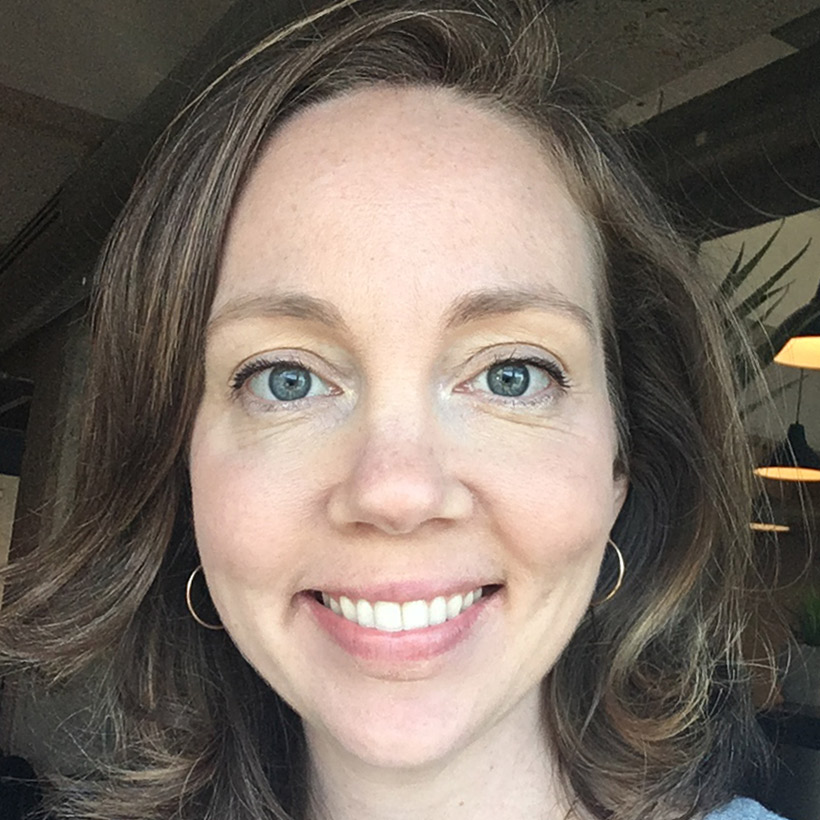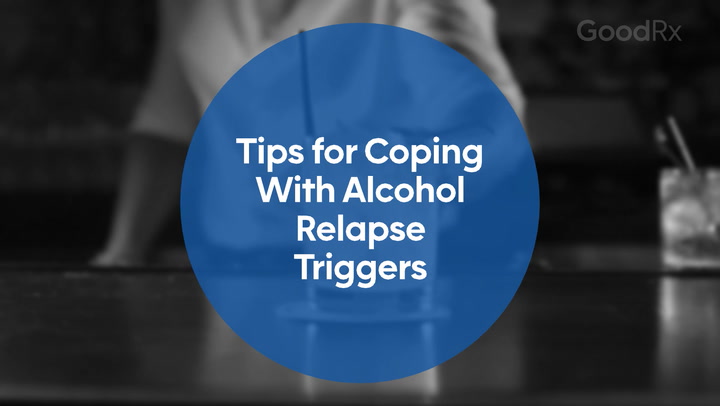
Substance Use Treatment: How Can I Find an Affordable Option?
Key takeaways:
Substance use disorder is a pattern of drug or alcohol use that causes significant problems in your life. Treatment can help.
Getting treatment for substance use disorders can sometimes be expensive. Fortunately, many free or low-cost options are available.
You may be able to get help paying for substance use disorder treatment from your state or county. Many treatment facilities also offer payment plans or reduced fees based on your financial needs.
Table of contents

When you’re dealing with a substance use disorder (SUD), it can be hard to know where to turn for treatment — especially when there can be a wide range of costs.
Some options might cost tens of thousands of dollars and won’t be paid for by insurance. Other treatments could be fully covered. What you’ll have to pay depends on your personal needs, your insurance, and the resources available in your area.
Let’s take a closer look at substance use disorders and your options for getting affordable care.
Prescription Savings Are Just the Beginning
See what other benefits you qualify for—from cashback cards to cheaper insurance.

What is a substance use disorder?
A substance use disorder is a mental health condition where you continue using drugs or alcohol despite them causing problems in your life. It’s also sometimes called drug or alcohol addiction.
Examples of SUDs include:
What is substance use disorder treatment?
If you have a SUD, treatment can help manage cravings, establish a recovery period, and prevent relapse.
Treatment often includes a combination of:
Medications
Medical care
Treatment for other mental health problems
Can talk therapy help with alcohol and drug misuse? Here are the five best therapies for treating substance misuse.
What is medication-assisted therapy? Learn how medications and therapy can sometimes be used together to treat substance use disorder.
Addiction carries unique risks if you’re pregnant. Here’s what you need to know about substance use treatment during pregnancy.
Treatment locations vary widely and can include community centers, clinics, hospitals, and residential treatment facilities.
Need more details? Learn all about treatment options here.
What type of treatment is right for me?
It’s hard to say. The most effective treatment for substance use disorders is different for everyone.
The right treatment for you will depend on many factors, including:
The substances you’re currently using
The severity of your SUD
Whether you’re at risk for drug or alcohol withdrawal
What type of treatment has helped in the past
Your personal preferences
If you’re considering treatment for a SUD, talk to a healthcare professional, like your primary care doctor, therapist, or psychiatrist. They can help you put together a treatment plan that meets your needs.
Are there any free or low-cost options for substance use treatment?
Absolutely. While it may require some research and phone calls, there are many free and low-cost options for SUD treatment.
Options for affordable care include:
State or county financial assistance programs: State or county funds may be available to pay for your care. Each state and local government sets aside funding each year to assist people with SUD treatment. The amount you can access may depend on your financial need and on the annual budget.
Reduced treatment center fees: Some treatment centers may offer free, sliding-scale, or reduced-fee services based on your income level or financial need.
Financial assistance programs: Many treatment centers also offer financial assistance options, like loans, grants, scholarships, or extended payment plans.
These programs can make care more affordable, but they’re not always well-known or clearly advertised. You can find programs by reaching out to SAMHSA (Substance Abuse and Mental Health Services Administration). SAMHSA doesn’t provide therapy or medication services directly, but they can help you find free or low-cost care.
You can find affordable care through SAMHSA in two ways:
Call the SAMHSA National Helpline. This confidential, free helpline (1-800-662-HELP) is available 24 hours a day in English and Spanish. Operators can help you find a treatment facility near you and connect you to state and county services.
Use SAMHSA’s “Find a Treatment Facility” feature online. Visit findtreatment.gov to search the online directory of SUD treatment facilities. This directory includes information about nearby facilities, including which ones offer free or low-cost services.
Most states and counties also have websites and phone numbers to help you find affordable care. For example, California has a central SUD helpline you can call, as well as helplines and websites for each individual county.
To find state and county resources, you can either call SAMHSA for a referral or search online for “SUD resources” in your state or county.
Are substance use disorder treatments covered by insurance?
It depends. Sometimes, health insurance will cover all treatment costs. In other cases, you might still be responsible for part — or even all — of the treatment expenses. Coverage depends on your insurance plan and what’s included.
If you have insurance, the best thing to do is call the number on the back of your insurance card and ask about coverage. Your insurance provider can give you a list of covered facilities or professionals in your area.
Keep in mind: Thanks to the 2008 Mental Health Parity and Addiction Equity Act (MHPAEA), insurance providers are required by law to treat substance use disorders the same as any other health condition. Learn more about your legal rights here.
Where can I get health insurance?
If you’re looking for health insurance, start by visiting the U.S. government health insurance website. There, you can shop for plans and enroll if you’re eligible.
If you’re able to purchase health insurance before starting treatment, you may be able to have part, or all of your treatment covered.
Where can I find free support groups near me?
Even though they’re not run by healthcare professionals, free community support groups can also help with your recovery. For some people, these support groups may be essential for establishing or maintaining sobriety.
Some support group options include:
Alcoholics Anonymous (AA)
Al-Anon (For people affected by a family member’s substance use.)
Alateen (For teens dealing with a parent’s substance use.)
Narcotics Anonymous (NA)
SMART Recovery (Offering online and in-person meetings.)
Support groups may feel awkward or uncomfortable at first, but they can still be beneficial. Explore different meetings and locations to find the best fit for you.
What else can I do to support my recovery?
Along with professional treatment, taking care of your mental and physical health can reduce your risk of relapse. Ideas for self-care include:
Getting regular exercise
Eating nutritious foods
Maintaining a regular sleep schedule
Building a strong support network
Practicing mindfulness
Plenty of websites and apps can help assist in this process. Trusted websites, like those from government agencies, provide step-by-step instructions and helpful information for maintaining recovery. Apps can help manage triggers and reduce cravings.
Frequently asked questions
It’s hard to say. The duration of treatment depends on your unique situation, needs, and the symptoms of your substance use disorder. Some people only need short-term treatment, while others may need months or even years of care. Some people may even continue with certain aspects of treatment for their whole life, such as participating in AA.
Not necessarily. When it comes to substance misuse treatments, more expensive doesn’t always mean better quality or better results.
Expensive treatment centers might have amenities like seaside views or gourmet meals. But many free or low-cost treatment programs still have what really matters: professional evidence-based, effective treatments. You can read more about red flags to watch out for here.
It depends. Trying to stop using substances by yourself may seem tempting, but it can be risky in some cases — especially if you’re physically dependent. If you’re considering quitting drug or alcohol use, reach out to a healthcare professional for support.
The bottom line
The prospect of paying out-of-pocket for your substance use treatment can be a scary thought. Luckily, there are plenty of reduced-fee and free options available. Additionally, you may qualify for financial assistance that can make SUD treatment more affordable. A few phone calls may be all it takes to get coverage for the care you need.
Why trust our experts?



References
FindTreatment.gov. (n.d.). What to expect: Paying for treatment.
Partnership to End Addiction. (2023). Seeking help: What to look for, what to avoid.
If you or someone you know struggles with substance use, help is available. Call SAMHSA’s National Helpline at 1-800-662-4357 to learn about resources in your area.

























